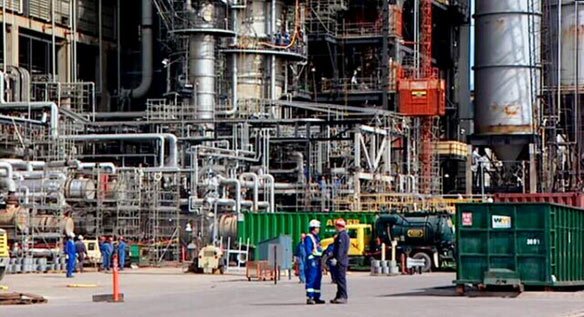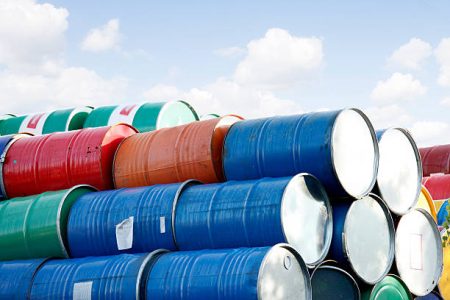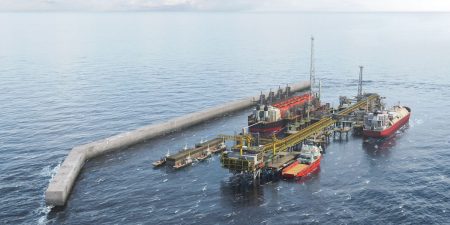
Lagos — Energy experts have disclosed that over 90 per cent of refineries in Africa require urgent upgrade, adding that the continent would require over $15.7 billion for the upgrade.
Speaking at the second Refining and Specifications virtual workshop organised by the African Refiners and Distributors Association (ARDA), the experts, including a former chief operating officer in charge of refineries and petrochemicals at the Nigerian National Petroleum Corporation (NNPC), Mr. Anibor Kragha, also called for harmonisation of fuel standards across Africa.
They cautioned that without these, achieving net-zero, Paris Agreement and other agreements targeting a cleaner environment may remain elusive.
Kragha, who is the Executive Secretary of ARDA, disclosed that the adoption of harmonised specification would halt importation of fuels not meeting the AFRI specs into Africa and give existing refineries until 2030 to upgrade their facilities to produce the cleaner, lower sulphur AFRI-6 (10 ppm) specifications.
He bemoaned the fact that there is currently uneven progress in tightening specifications across Africa, adding that African Union and ARDA are collaborating on adoption of AFRI Fuels Roadmap
“New process units required are to improve key fuel specifications, especially Naptha Hydrotreater (NHdT), Diesel Hydro-desulph. (DHDS), Benzene Extraction, Sulphur and Hydrogen Plants,’ he noted.
He added that targeted financing is urgently needed for projects to upgrade refineries and infrastructure to produce and transport cleaner fuels.
According to him, Africa suffers from modest utilisation, with a few bright spots, compared to other regions.
Kragha said: “Another key focus area is for African countries, especially those sharing common fuel supply chains, to develop an integrated policy covering both fuel quality and vehicle exhaust emissions to achieve the ultimate objective of Clean Air in our African cities. Without this integrated and coordinated policy, the objective of clean air will not be realized whether by imports or local production.”
Also speaking, Oil and Refining Research Analyst at Vitol, Maryro Mendez, noted that despite the withdrawal of funds from fossil, investment with sustainability plans is on the rise.
Mendez noted that 66 carbon regimes around the world lead to a lack of carbon policy, price and timing of implementation
According to her, lack of uniform policies make it difficult for refineries to pass on the cost of carbon to its customers as carbon price shifts the cost burden of climate change, from society as a whole to the entities responsible for the emissions, providing lack of incentive for refiners to reduce emissions.
She lamented that 80 per cent of refinery carbon emissions come from fuel combustion, hence fuel source and energy optimisation would present the biggest opportunity to reduce emissions.
Also speaking at the event, Honeywell-UOP’ Luque Guillermo bemoaned the fact that the oil and gas industry has been hit hard by the current global economic situation with rapid drops in demand, changing mix of preferred products, volatile crude prices, and difficulty safely staffing production sites.
This prevailing development, according to him, is forcing demand for some products such as diesel and naphtha to exceed demand for gasoline and jet fuel.
He said the sector now has to cope with new ways of working which is making workforces to operate remotely.
Guillermo said there is also an increasing need for sustainability efforts with tighter scrutiny on human, safety and environment factors.
Speaking on “Upgrading refineries to produce AFRI-6 standard fuels,” Data Manager at CITAC, Richard Augood, said investment is still needed to make African refineries comply with AFRI-6.
With AFRI-6, Africa is expected to adopt harmonized AFRI Clean Fuel Specifications across the continent. The Cleaner Fuel specification recommends 10 ppm sulphur for gasoline by 2030.
Follow us on twitter



